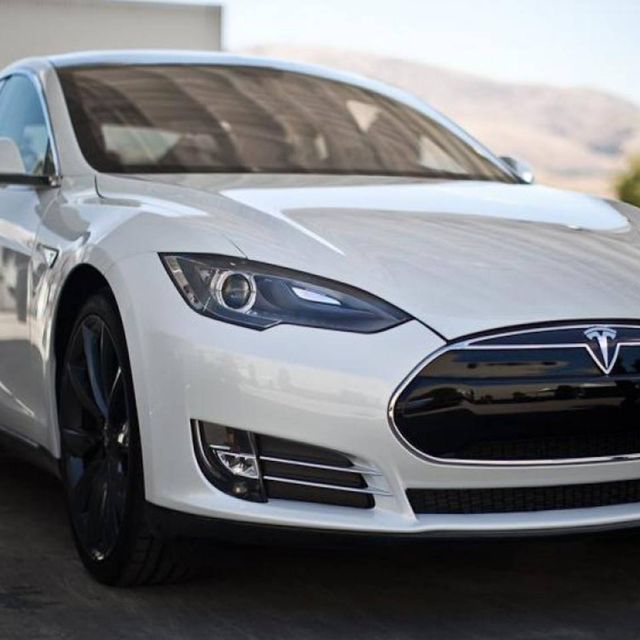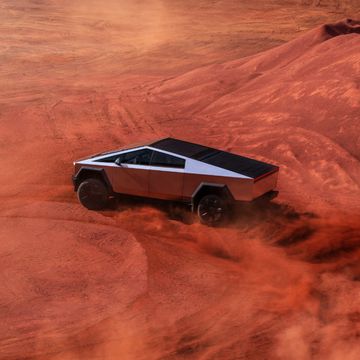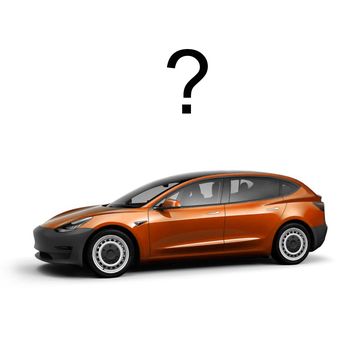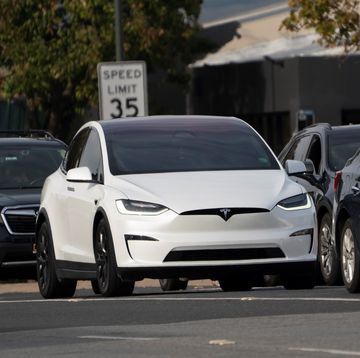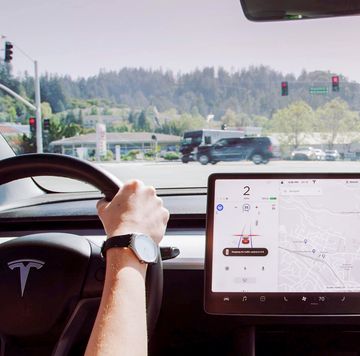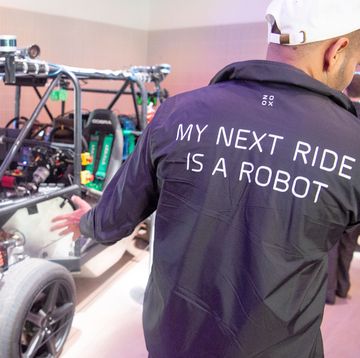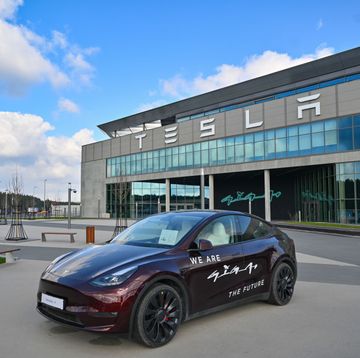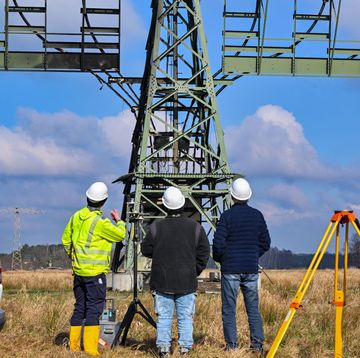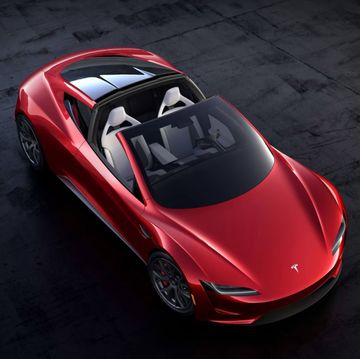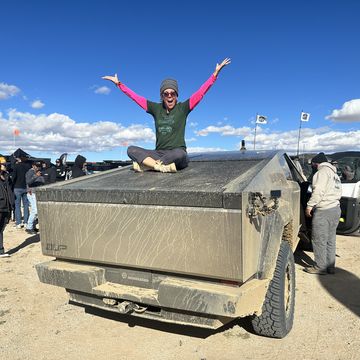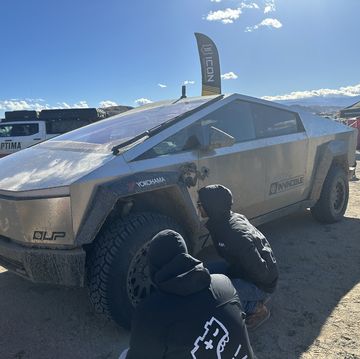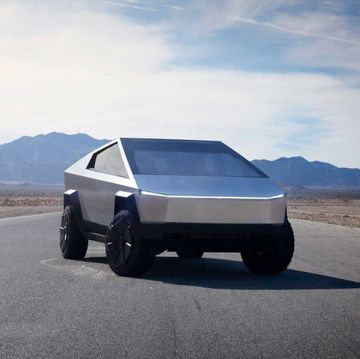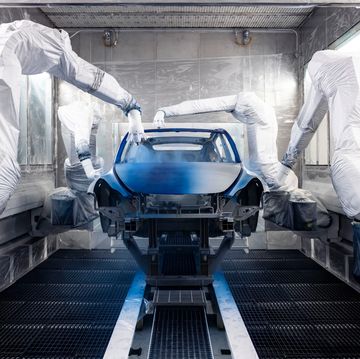Nevada Gov. Brian Sandoval signed tax breaks worth as much as $1.3 billion and a measure allowing Tesla Motors Inc. to sell directly to state residents, the final steps to bring the world’s largest lithium-ion battery factory to Reno. Sandoval signed the bills minutes after the 42-member Assembly and 21-member Senate unanimously agreed to write off Tesla’s sales taxes for 20 years and property and business taxes for 10 years. The tax breaks are the centerpiece of a deal that Sandoval and Tesla CEO Elon Musk unveiled Sept. 4 to land the first battery “Gigafactory” to supply 500,000 cars. Lawmakers in a special session also exempted Tesla from a law requiring new cars to be sold through dealers, and reduced tax breaks for filmmakers and insurance companies to do business in Nevada. “We made history today,” Sandoval said.
Tesla has been fighting with auto dealer associations in several states for the ability to conduct direct sales, with Georgia being the latest battleground. The automaker has a storefront in Nevada that so far wasn't challenged in court or through legislation. Palo Alto, Calif.-based Tesla pitted its home state against Nevada, Arizona, Texas and New Mexico to offer incentives for the 11-year-old company to build its first from-scratch factory. The plant is expected to employ 6,500 people, at average wages of more than $25 an hour, after it begins operating in 2020. Nevada’s state demographer estimated that Tesla would bring $101.6 billion in economic activity over 20 years, helping to revive the economy of a state that has the third-highest unemployment rate in the U.S. The biggest chunk of the deal, Tesla's sales tax exemptions, is worth an estimated at $725 million. In addition, the company would save more than an estimated $300 million in payroll and other taxes through 2024.
Key to economy The factory is key to Nevada's efforts to revitalize its economy, which was hard-hit by the mortgage meltdown and the Great Recession, and has yet to fully recover. "This is arguably the biggest thing that has happened in Nevada since at least the Hoover Dam," the mammoth Depression-era project on the Colorado River that employed thousands and provided hydro-electric power to the state in the 1930s, said Assemblyman Ira Hansen, a Republican from Sparks. Among the bills approved in both houses was a provision phasing out and eliminating 1970s-era tax credits for insurance companies, which backers said would free up about $125 million over five years beginning in 2016 for transferable tax credits to Tesla. The package would also gut a pilot program approved just last year giving tax credits to the film industry, freeing up about $70 million for Tesla. Another provision will require at least half of all workers hired by Tesla be Nevada residents, though it allows for waivers. Lawmakers also agreed to buy right of way to build a road connecting I-80 and U.S. 50, a project estimated to cost $43 million that will improve access to the industrial park from other regions of the state. The governor's office estimates the 5 million-square-foot factory will create an immediate 3,000 construction jobs, 6,500 factory jobs and 16,000 indirect jobs once completed. Diarmuid O'Connell, Tesla vice president of business development, said the factory is crucial to the company's mission of mass-producing affordable electric cars within three years. Said O'Connell: "We're looking forward to getting going." The article "Tesla's 1.3-billion incentive deal with Nevada includes direct sales" first appeared at Automotive News Reuters and Automotive News contributed to this report.
